Buying a home in Vancouver, British Columbia, is exciting and challenging – much like spotting a rare sunny day in November. Vancouver boasts stunning scenery and a vibrant city life, but it’s also infamous for its sky-high real estate prices. Don’t let that scare you off; with the right preparation and a dash of humor, you can handle the process like a pro. This guide walks you through the Canadian homebuying process as it applies to Vancouver’s housing market, step by step. We’ll cover everything from understanding the market and getting your finances ready, to making an offer and paying those uniquely Canadian fees (yes, we’ll explain the Property Transfer Tax and notary fees), all in a professional tone – with a light-hearted twist. Let’s dive in!
Understanding Vancouver’s Housing Market
Vancouver’s real estate market has a reputation: it’s expensive, competitive, and often unpredictable. Before you begin your home search, it helps to get a lay of the land:
-
High prices, slightly cooler market: The average home in Vancouver often sells around the million-plus mark. Condos commonly sit in the mid-to-high six figures, while detached homes can run into multiple millions. Recent years have brought a little cooling, with more listings and slightly longer days on market, which gives buyers a bit more breathing room to negotiate.
-
Affordability challenges: Many Vancouverites feel like they need a winning lottery ticket (or a very generous relative) to buy a home. Creative strategies and diligent saving help: widen your search area, consider a condo or townhouse first, and use first-time buyer programs where you qualify.
-
Condo, townhouse, or house? In this pricey market, first-time buyers often start with condos or townhomes. Townhouses give more space, a small yard, and a higher price than most condos. Detached houses offer full control and more room – at a premium price and effort.
-
Market conditions: Inventory has improved compared with peak frenzy periods. Sales volumes are steadier, and homes are spending a bit longer on market. You might have time to think before offering – but well-priced homes still attract attention, so stay ready.
(Light humor tip: When listings describe a condo as “cozy” or “charming,” be prepared – it often means “very small.” But hey, less space means less to clean, right?)
Getting Your Finances in Order (Budget, Down Payment & Mortgage Pre-Approval)
Before you start touring open houses and picking out where to put your couch, tackle the less glamorous side of homebuying: money matters. Having your finances sorted out will determine what you can afford and make you a stronger buyer.
1) Determine Your Budget
Two big factors shape your price range:
-
Down payment: In Canada, the minimum down payment depends on the price. You need 5% of the first $500,000, then 10% of the portion from $500,000 up to $1.5 million. Homes over $1.5M require 20% or more. Example: on an $800,000 condo, minimum down is $55,000 (5% of $500k = $25k, plus 10% of the remaining $300k = $30k). A higher down payment reduces your mortgage and may avoid mortgage insurance if you reach 20%.
-
Mortgage affordability: Lenders look at income and debts. As a rule of thumb, housing costs (mortgage, property tax, strata fees, heating) shouldn’t exceed roughly a third of gross income, and all debts together should stay within reasonable limits. Use calculators to test scenarios and keep room in your budget for closing costs and an emergency fund.
2) Save for Down Payment and Closing Costs
Down payment sources may include:
-
Personal savings.
-
RRSP Home Buyers’ Plan (HBP): Withdraw up to $60,000 per buyer from RRSPs for a qualifying purchase and pay it back over time.
-
First Home Savings Account (FHSA): Contribute $8,000/year up to $40,000 total (per buyer). Contributions are tax-deductible and withdrawals for a first home are tax-free.
-
Gifts from family: Common in Vancouver; lenders require a gift letter.
-
Closing costs cushion: Set aside ~1.5%–4% of the purchase price for legal fees, title costs, Property Transfer Tax, adjustments, inspection, and more.
3) Get Pre-Approved for a Mortgage
A pre-approval tells you your maximum purchase price and often holds an interest rate for 90–120 days. It strengthens your position when you offer. To keep your pre-approval solid, pay bills on time, avoid new loans, and hold off on big purchases until after closing.
(Light humor aside: Pre-approval is like a teacher’s “pre-correction” – better to know your limits early than get schooled by the bank after you write an offer!)
4) Mortgage Options and New Buyer Perks
You’ll choose between fixed vs. variable rates, terms, and amortizations. First-time buyers can access insured 30-year amortizations in some cases, lowering monthly payments compared with 25 years (you’ll pay more interest over the long run, but it can help cash flow). Shop rates and terms; a mortgage broker can compare multiple lenders for you.
Quick financial prep recap:
-
Pick a target monthly payment and stick to it.
-
Use RRSP HBP and FHSA where possible.
-
Get a pre-approval letter before shopping.
-
Watch for first-time buyer incentives that may reduce taxes or cash outlay.
House Hunting in Vancouver: Finding “The One”
This is where the dream starts to feel real. Decide what you want, find a great Realtor, and start viewing homes.
1) Must-Haves vs. Nice-to-Haves
Think about:
-
Location: Commute times, schools, transit, lifestyle.
-
Property type: Condo (lower maintenance, strata rules), townhouse (more space), detached (most control, highest cost).
-
Size and layout: Bedrooms, bathrooms, future needs.
-
Condition: Move-in ready or a project?
-
Strata considerations: Bylaws, restrictions, fees, and the building’s contingency fund (for condos/townhomes).
No property is perfect. Decide your top priorities so you can act quickly on a good match.
2) Hire a Knowledgeable Realtor
In BC, sellers typically pay commissions, so buyers usually get representation at no direct cost. A strong local agent brings:
-
Market expertise on pricing and neighborhoods.
-
Access to listings and fast showings.
-
Negotiation skills and contracts guidance.
-
Professional referrals (inspectors, notaries/lawyers, mortgage pros).
(Light humor: Your agent is your real estate Sherpa – you wouldn’t climb a mountain without one!)
3) Search Online and Offline
Set alerts on major listing sites, visit open houses, and walk neighborhoods to feel the vibe. Good entry-level listings still move quickly, so be ready to see standouts as soon as they hit the market.
4) Keep Notes and Compare
Track pros/cons, take photos with permission, and schedule a second viewing for finalists. A little structure keeps five similar condos from blending into one.
Making an Offer (And Getting to “Sold”)
Ready to write? In BC you’ll use a Contract of Purchase and Sale. Key parts:
-
Price: Base it on recent sold comparables and current competition.
-
Deposit: Commonly ~5% of the price in Vancouver, usually due within 24 hours of acceptance or subject removal. Held in trust and applied to your down payment.
-
Dates: Completion (money and title change hands), possession (keys), and adjustment (taxes/utilities prorated).
-
Subjects (conditions): Financing approval, home inspection, strata documents review (for condos/townhomes), and any others needed (insurance, property disclosure review, etc.).
-
Inclusions/exclusions: Appliances, fixtures, window coverings, and anything else negotiated.
Expect negotiations and possibly counter-offers. Stay calm, stick to your budget, and lean on your Realtor’s advice.
Multiple Offers
If there’s competition:
-
Be competitive but disciplined. Set a ceiling and respect it.
-
Keep the offer clean but safe. Waiving subjects increases risk; consider a pre-inspection if you’re leaning that way.
-
Strong deposit and flexible dates help.
-
A polite buyer letter can humanize your offer (keep it appropriate and concise).
Losing one hurts, but many buyers succeed on the second or third try.
BC’s Home Buyer Rescission Period
BC provides a 3 business-day “cooling-off” period after acceptance. You can cancel for any reason within that window in exchange for a 0.25% fee based on the purchase price. It runs at the same time as your subject period and offers a safety valve if you get immediate buyer’s remorse.
From Accepted Offer to Firm Deal
During the subject period:
-
Financing: Lender approves the specific property and may order an appraisal.
-
Home inspection: Expect home inspection fees in the few-hundred-dollar range, higher for large homes. Attend if you can. Focus on major issues; minor fixes are normal.
-
Strata review: Read minutes, budgets, engineering reports, bylaws, contingency fund status. Watch for upcoming levies or restrictions that affect you.
-
Other items: Confirm you can insure the home; review disclosures.
If all checks out, you sign subject removal and the deal becomes firm. If not, you can walk away before the deadline and get your deposit back (if already paid).
Closing the Deal: Final Paperwork to Moving Day
Hire a Lawyer or Notary
In BC, either can handle conveyancing. They:
-
Confirm clear title.
-
Prepare transfer and mortgage documents.
-
Receive your funds and lender funds.
-
Pay the seller and register you as owner.
Typical legal fees (including disbursements) often land around the low-to-mid four figures for a purchase with a mortgage. Ask for a detailed quote.
Prepare for Closing Costs
Your notary/lawyer issues a statement of adjustments with exact figures. Expect:
-
Remaining down payment (after deposit and mortgage funds).
-
Property Transfer Tax (PTT):
Standard PTT rates for residential:-
1% on the first $200,000
-
2% on the portion $200,000–$2,000,000
-
3% on the portion $2,000,000–$3,000,000
-
5% on any portion above $3,000,000
Common exemptions:
-
First-Time Home Buyers’ Program: Full PTT relief up to a set threshold (with a partial exemption above that), subject to eligibility (citizen/PR, residency, price limits, and you’ve never owned property). This can reduce or eliminate PTT for many first-timers.
-
Newly Built Home Exemption: Full relief up to a set price threshold if you’ll live in the home as your principal residence, with a partial relief above it. Great for buyers of brand-new condos or houses.
Your notary/lawyer will apply the best exemption you qualify for.
Foreign Buyer Additional Tax: If you’re not a citizen or permanent resident, some regions in BC levy an extra percentage on top of PTT. Verify your status and region before writing offers.
-
-
Legal fees and disbursements: Professional fee, land title registrations, title searches, couriers, and (optionally) title insurance.
-
Interest adjustment: A small amount if your first mortgage payment date doesn’t align exactly with completion.
-
Property tax/utility adjustments: You’ll reimburse the seller for prepaid portions past completion.
-
Home insurance: Effective on completion (condos: contents and improvements; houses: full policy). Shop this early.
-
Moving costs and setup: Movers, utility connections, elevator bookings for strata, new locks, immediate fixes.
A day or two before completion, you meet your notary/lawyer to sign documents and bring a bank draft or wire for the amount owing. On completion day, funds and title exchange hands behind the scenes.
Possession Day – Keys!
Possession usually happens the day after completion (often at noon). Do a final walk-through before possession to confirm the property’s condition matches the agreement. Then pick up keys and do the happy dance.
Post-keys checklist:
-
Change locks or reprogram smart locks.
-
Set up utilities in your name.
-
Book the elevator for a condo move.
-
Test appliances and note anything that needs attention.
Special Perks and Programs for Canadian Homebuyers
-
First-Time Home Buyers’ Tax Credit: A federal credit worth $1,500 to help with closing costs in the year you buy.
-
BC Home Owner Grant: Annual reduction on property taxes for principal residences within value thresholds.
-
Energy rebates: Various programs for efficiency upgrades after you move in.
-
GST considerations on new builds: Depending on current federal policy and price thresholds, new homes may qualify for GST relief or rebates.
-
Rate shopping: Even a small rate difference can save thousands over time. Compare lenders and terms.
Conclusion: Welcome to Homeownership in Vancouver!
Buying a home in Vancouver can feel like an obstacle course with a stack of paperwork in one hand and your life savings in the other. With preparation and the right team, it’s absolutely doable – and yes, even enjoyable at times. You’ve learned how to budget, use programs like RRSP HBP and FHSA, write a smart offer, and handle real estate transaction fees like mortgage closing costs, legal fees when buying a house, property taxes and insurance costs, and home inspection fees. You’ve also seen how first time home buyer expenses stack up and where you can save.
A few parting tips:
-
Expect surprises: Keep a cushion for maintenance costs for homeowners – even new condos can have special levies.
-
Stay informed: Rules and market conditions change. Keep learning and ask pros for guidance.
-
Enjoy the win: That first entry with your own keys is a moment worth remembering.
If you’re planning to buy or sell in Vancouver, I’d be happy to guide you through the process. As an award-winning Vancouver Realtor® and founder of Vancouver Home Search, I combine deep market knowledge with a proven strategy to help my clients succeed.
Ready to take the next step? Contact me, Adam Chahl, and let’s talk about your goals.
FAQs: Hidden Costs of Buying a Home in Vancouver
1. What are the biggest hidden costs of buying a home in Vancouver?
The largest are usually Property Transfer Tax (PTT), legal fees, home inspection fees, and mortgage closing costs. These can easily add up to several thousand dollars.
2. Are first-time buyers in BC exempt from Property Transfer Tax?
Yes, first-time buyers may qualify for a full exemption on homes up to a set threshold, with a partial exemption available for slightly higher-priced properties. Check eligibility criteria carefully.
3. How much should I budget for legal fees when buying a house?
In Vancouver, legal or notary fees usually range from $1,000 to $1,500, including disbursements like title registration and searches.
4. Do I have to pay GST when buying a home?
GST applies to newly built homes but not resale properties. Some exemptions or rebates may apply for first-time buyers or homes under certain price thresholds.
5. What are ongoing costs after buying a home?
Ongoing expenses include property taxes, insurance, and maintenance costs for homeowners. If you own a condo or townhouse, factor in monthly strata fees as well.
Browse Other New Westminster Communities
MLS® Listings in New Westminster | Homes for Sale, $500,000 - $600,000
- All Listings
- $200,000 - $300,000
- $300,000 - $400,000
- $400,000 - $500,000
- $500,000 - $600,000
- $600,000 - $700,000
- $700,000 - $800,000
- $800,000 - $900,000
- $900,000 - $1,000,000
- Over $1,000,000


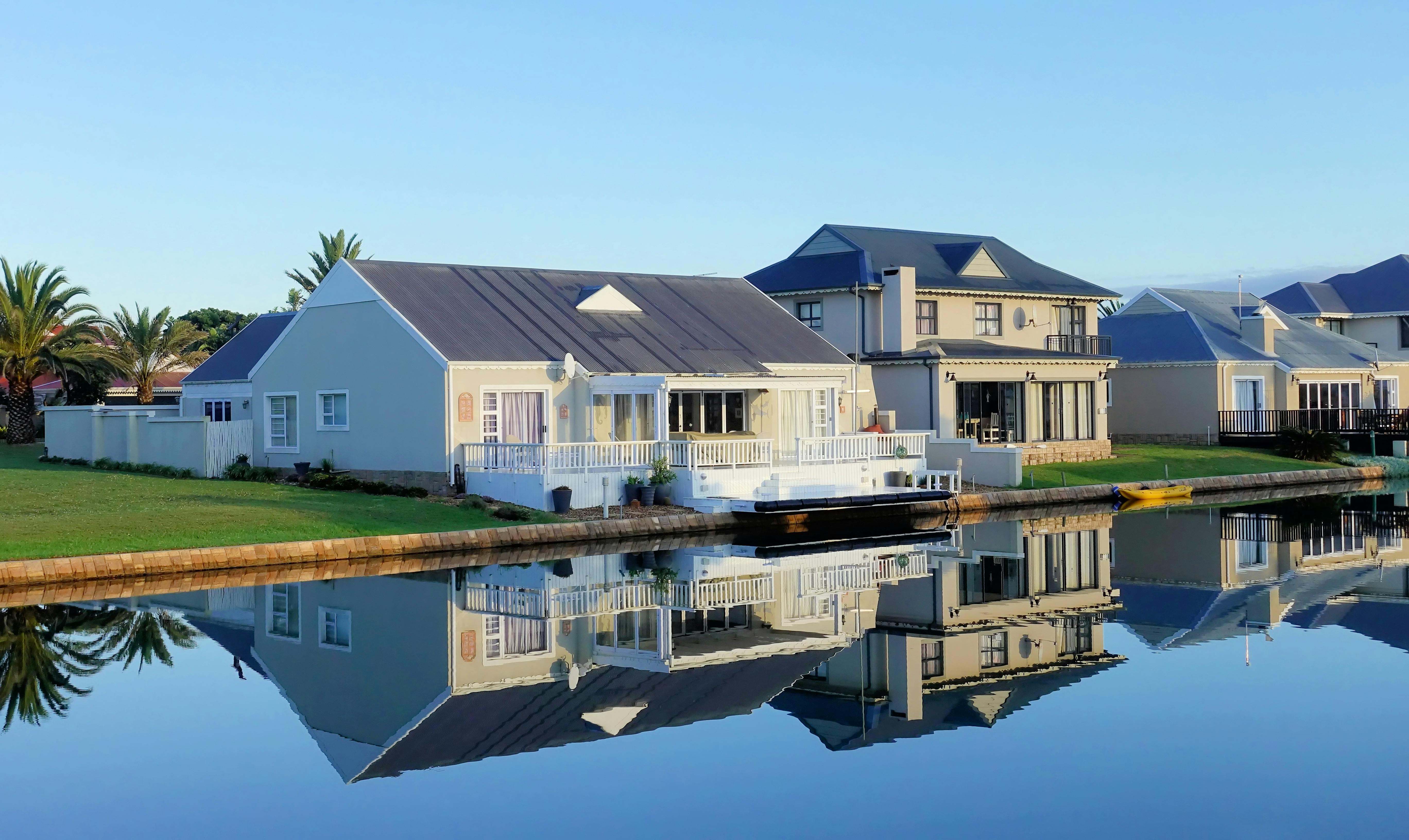
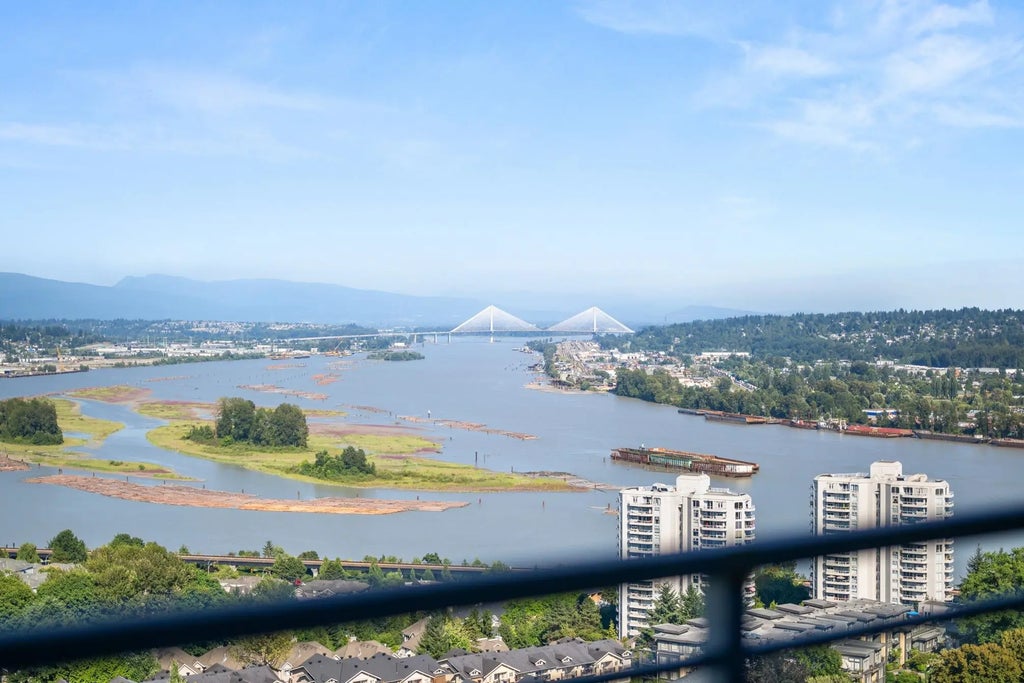

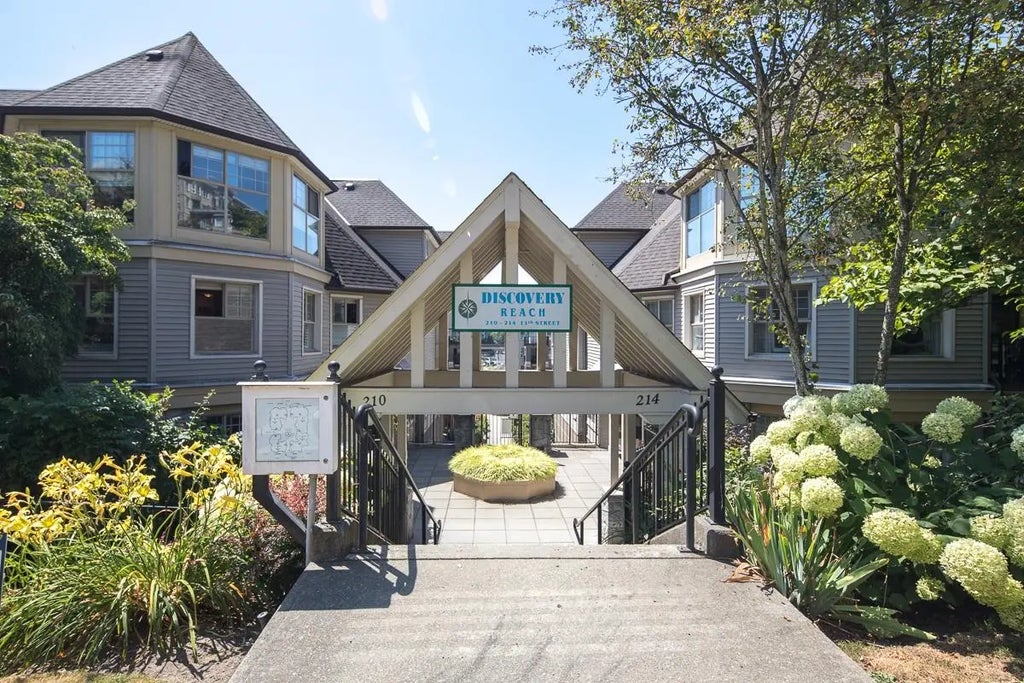
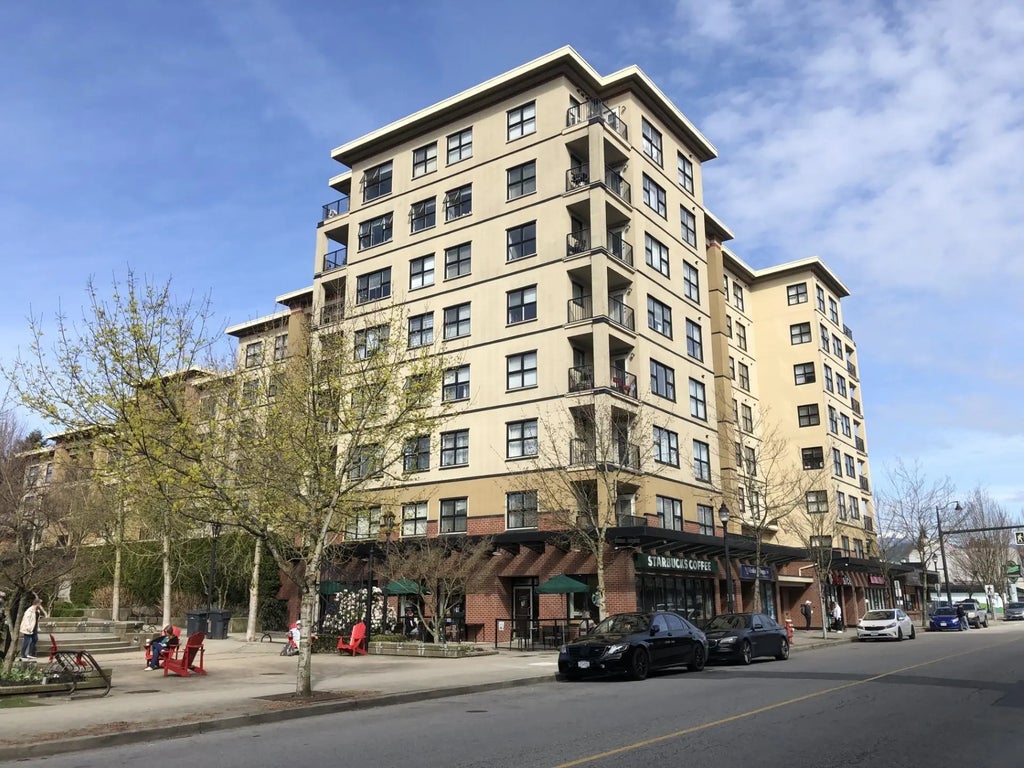
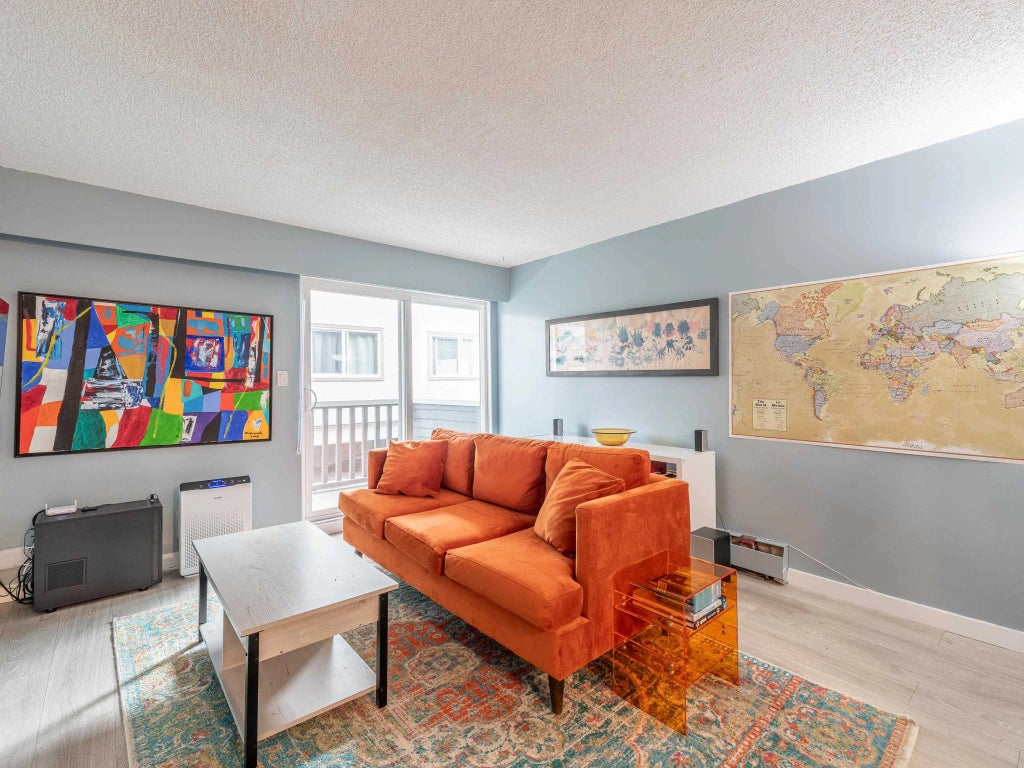
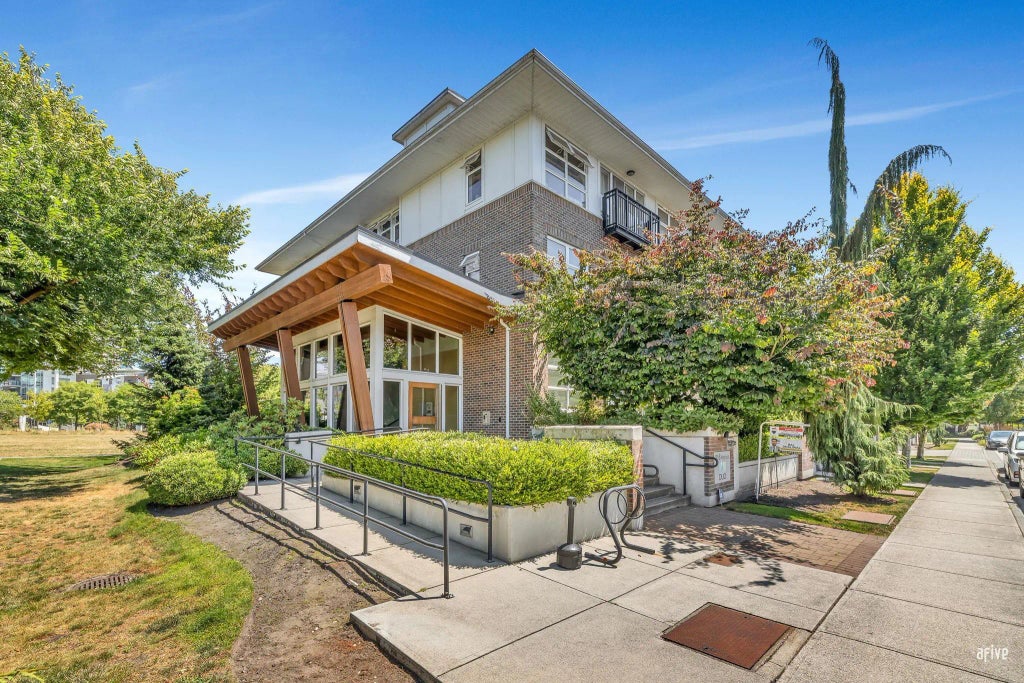
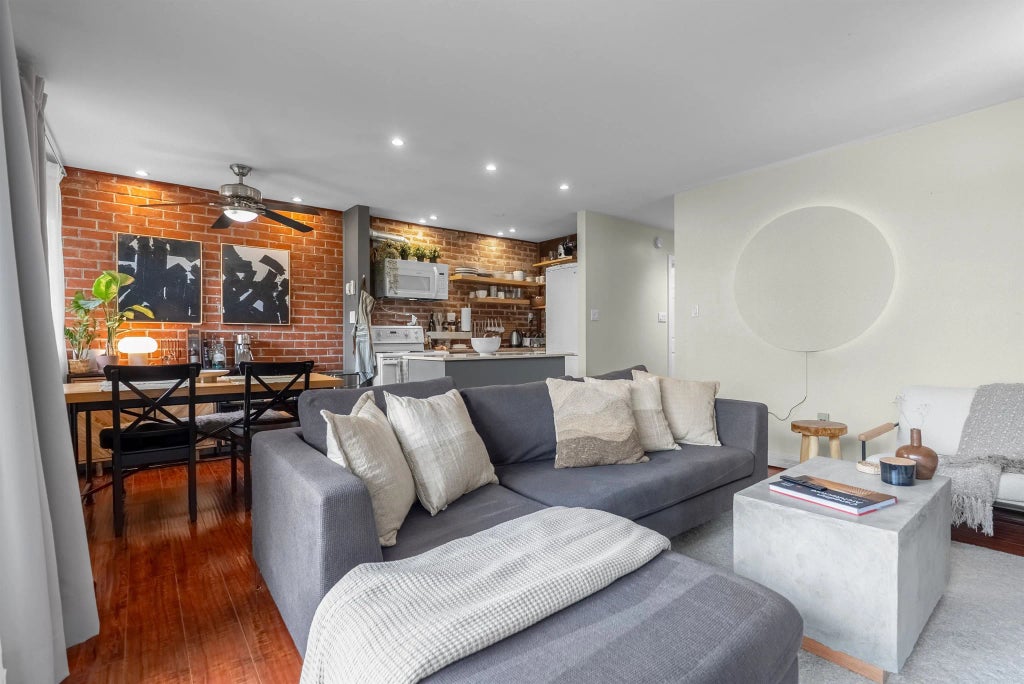
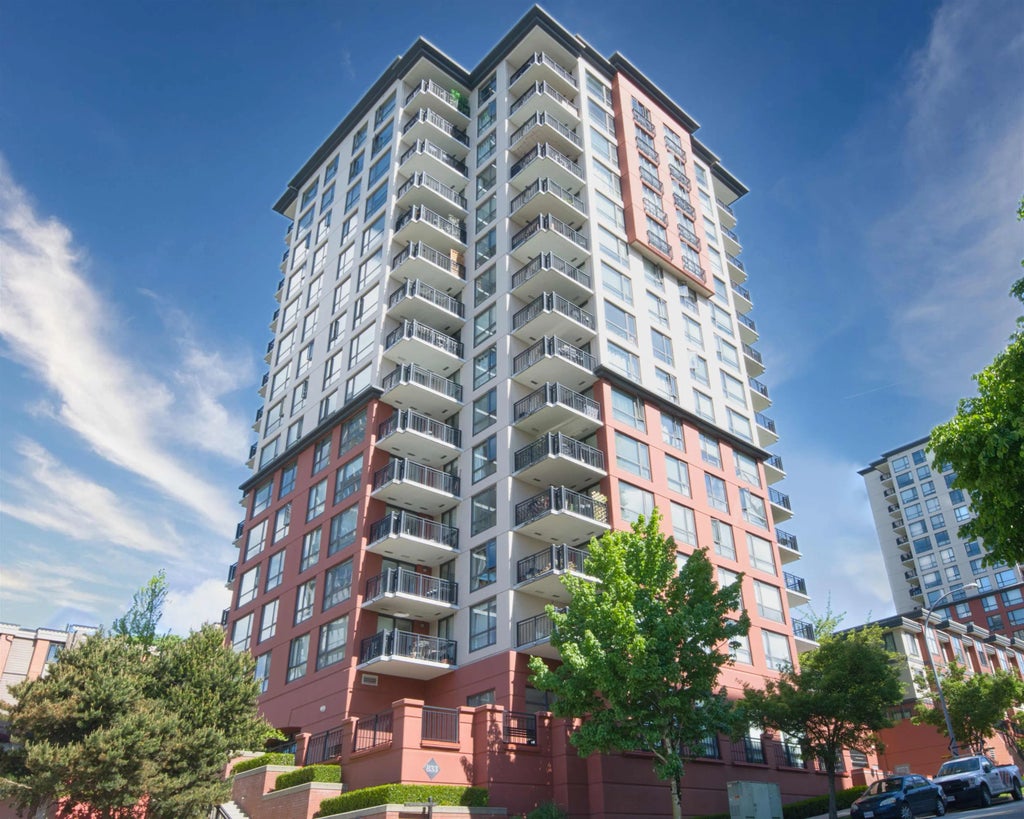
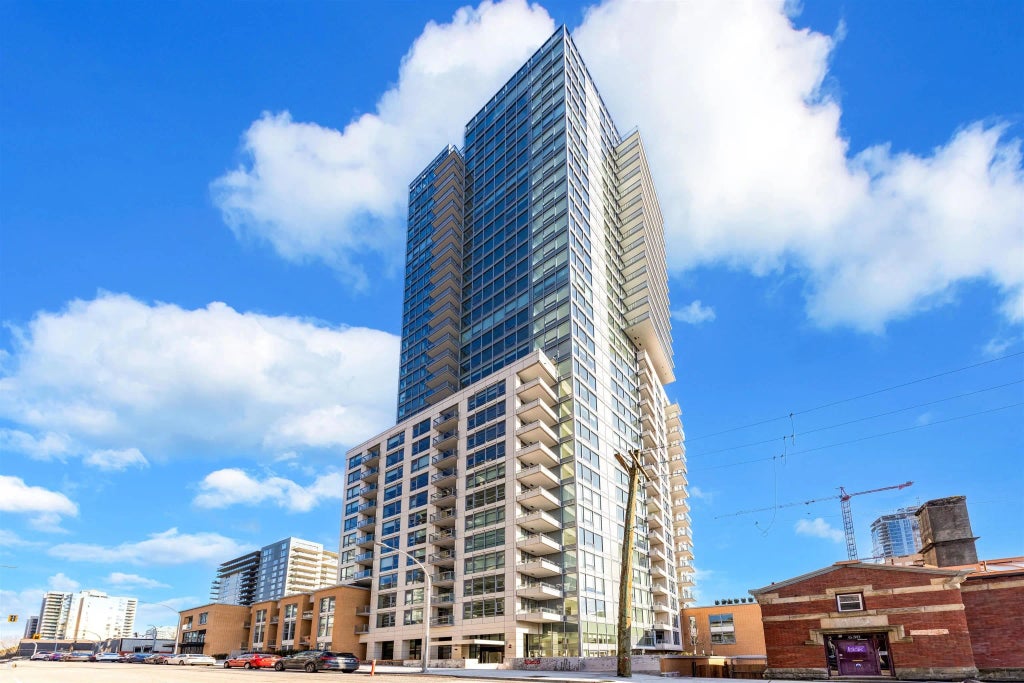
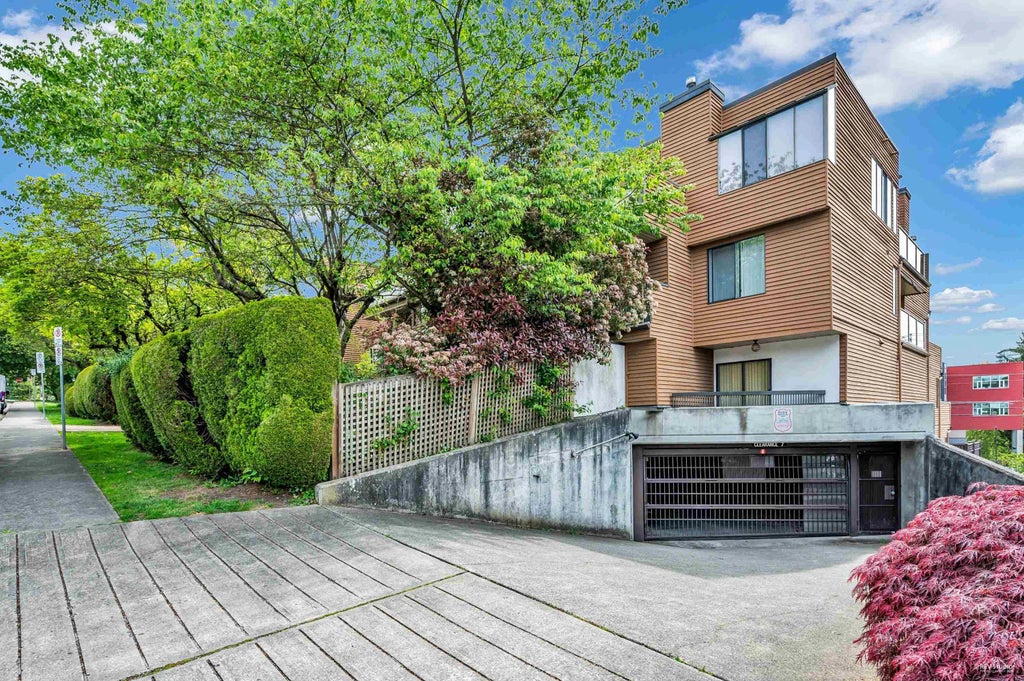
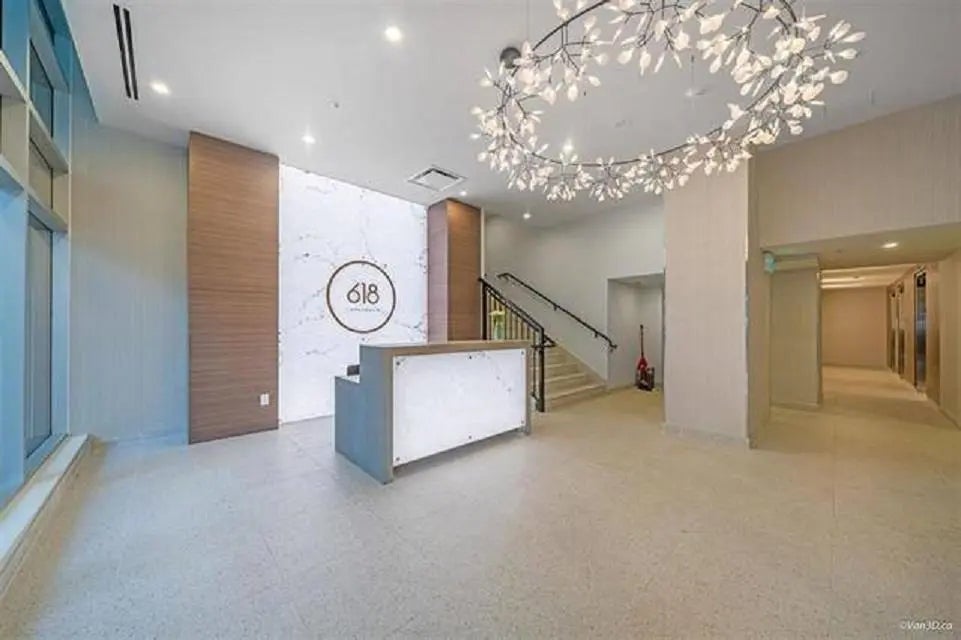
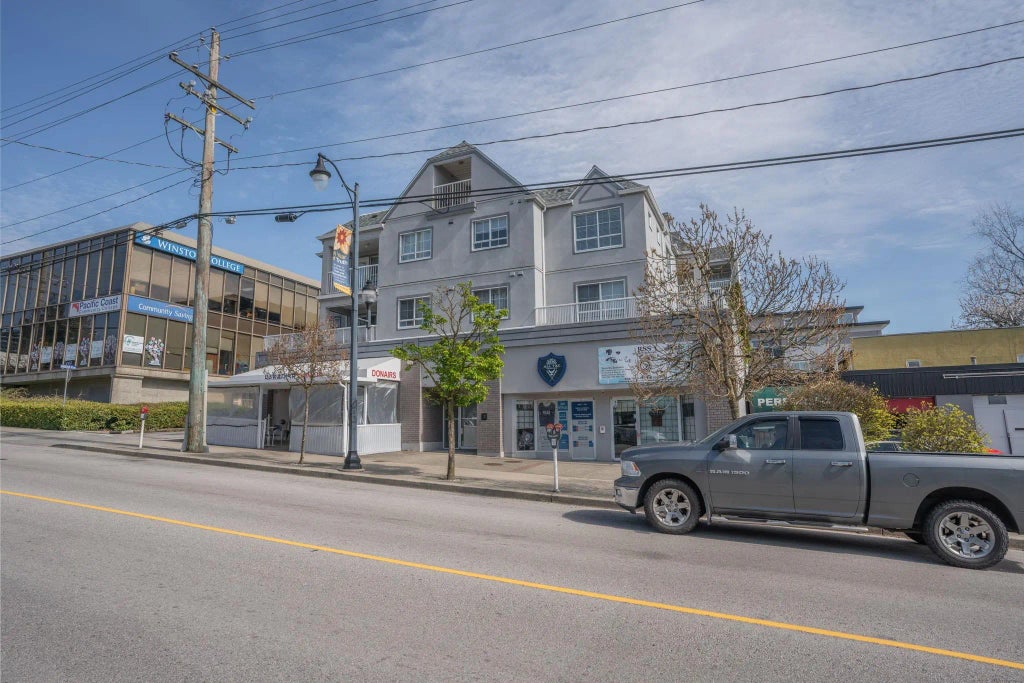
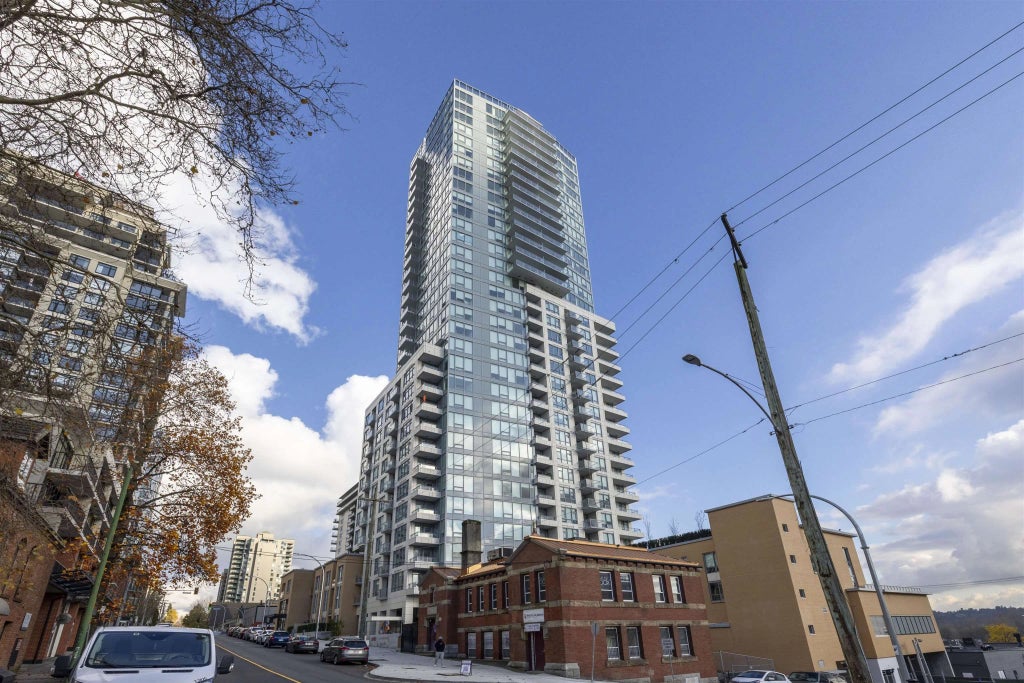
Leave A Comment